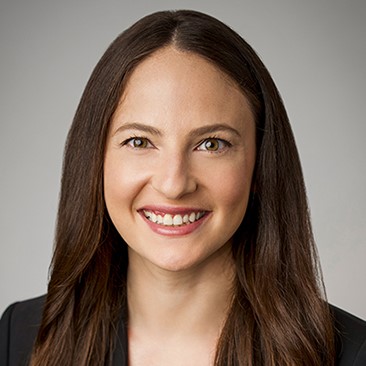ISS has released its annual global policy survey results, foreshadowing potential changes to its voting policies for the 2017 proxy season. The results primarily reflect the views of institutional investors and corporate issuers.
Key takeaways that should inform the board’s agenda in anticipation of the 2017 proxy season are as follows:
Board Refreshment
Board refreshment is top of mind for investors. ISS survey results highlight the following factors as problematic:
- absence of a newly appointed independent director within five years (53% of investors),
- average director tenure greater than 10 years or an individual with tenure greater than 15 years (51% of investors), and
- 3/4 of the board having tenure of 10 years or more (68% of investors).
Over-Boarding of Executive Chairs
This year’s survey results reflect that 64% of investors believe that non-CEO executive chairs should be considered “overboarded” if they serve on more than three public company boards – the same standard that applies to sitting CEOs. In response to last year’s survey, ISS lowered the limit for directors (other than the CEO) from six to five boards.
Opposition to Election of Directors at Newly Public Companies and REITs
ISS is continuing its scrutiny of newly public companies and those emerging from bankruptcy that have multiple classes of stock with unequal voting rights. 57% of investors would oppose the election of directors of these companies. However, some investors indicate that they would support such directors so long as there is a sunset provision on the unequal voting rights.
Directors may also be at risk at publicly traded REITs or other Maryland companies that have not opted out of the following provisions of Maryland law that give boards of directors the ability, without shareholder approval, to (1) amend the company’s bylaws, (2) increase the number of authorized shares, (3) classify the board, or (4) require at least a majority of shareholder to call a special meeting. 77% of investors indicate they would oppose the election of some or all directors at such companies (18% would oppose the election of the chair of the governance committee, 34% would oppose the election of the full governance committee, and 25% would oppose the election of the full board).
Additional Pay for Performance Metrics
ISS’s quantitative pay-for-performance model uses total shareholder return (TSR) to identify companies with pay-for-performance misalignment. ISS’s survey results indicate that 79% of investors favor the use of additional metrics, such as return on invested capital (47%), return metrics (ROA, ROE) (35%), earnings metrics (EPS, EBITDA) (26%), cash flow metrics (25%), economic profit metrics (22%), and revenue metrics (18%).
Cross-Border Executive Pay
Companies incorporated in one country, but listed on an exchange in a different country are subject to multiple say-on-pay shareholder votes. 65% of investors support an aligned say-on-pay recommendation from ISS rather than inconsistent evaluations of a single pay structure.
Say-on-Frequency
The 2017 proxy season will include the next round of say-on-frequency votes. Survey results indicate that 66% of investors support annual say-on-pay votes, rather than every two or three years.
Key Dates
We expect ISS to release its draft proxy voting policy updates for the 2017 proxy season and open a comment period in mid-October, and issue its final policy update in mid-November.
















